Volvo Trucks’ D13 Turbo Compound engine now standard on all VNL models; 6% better fuel economy over 2020 engine
Green Car Congress
OCTOBER 8, 2021
The enhanced D13 Turbo Compound (D13TC) engine from Volvo Trucks is now standard on all Volvo VNL models, providing enhanced fuel efficiency and reducing overall cost of ownership. Volvo Trucks North America’s latest-generation D13 Turbo Compound engine is now standard on all VNL models.

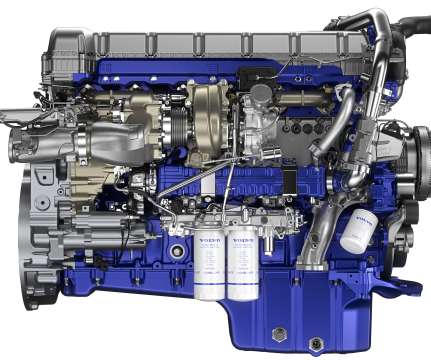









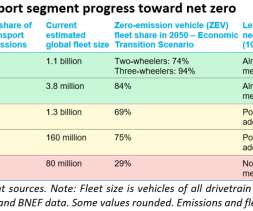






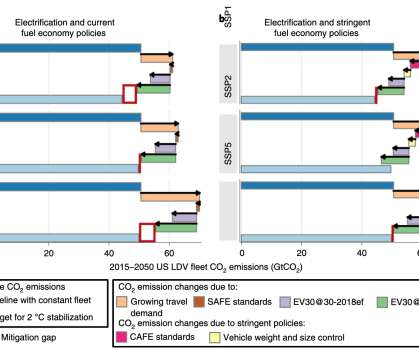
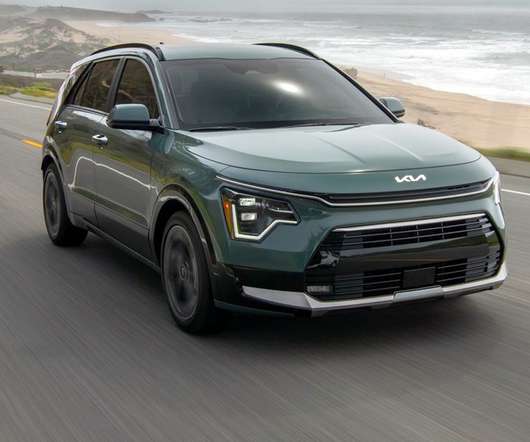






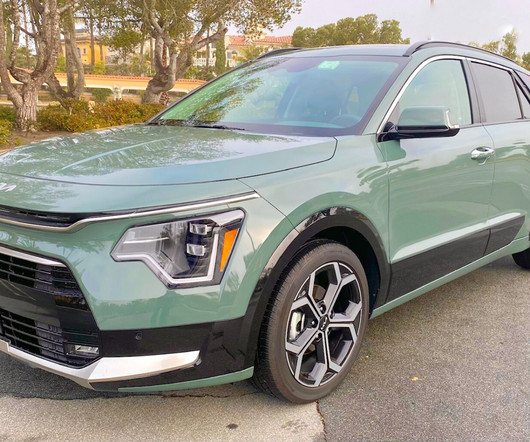



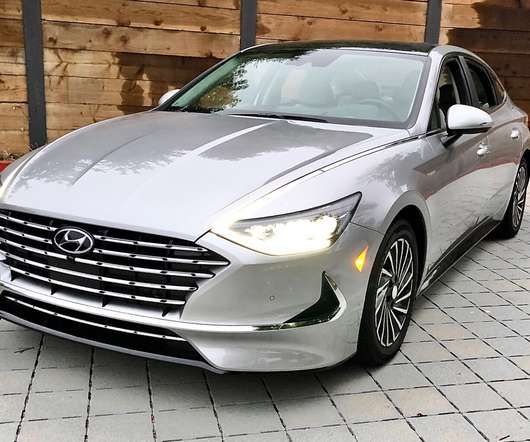



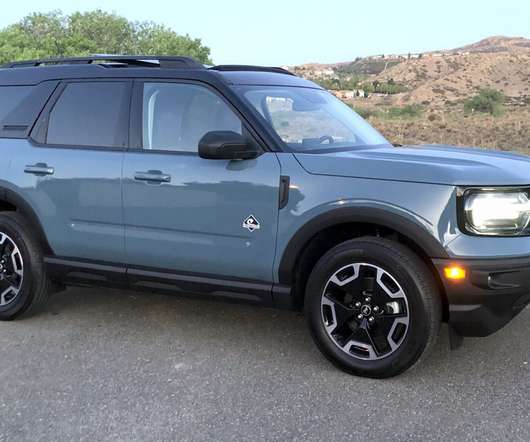






Let's personalize your content